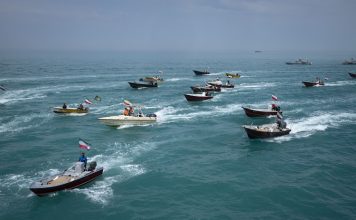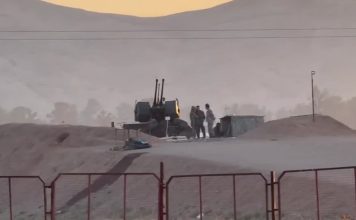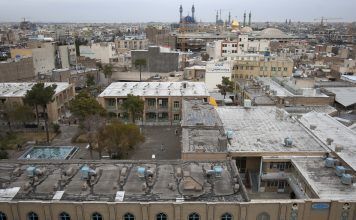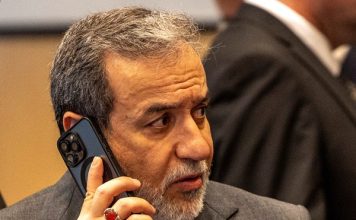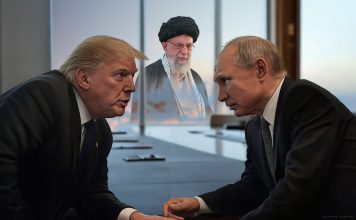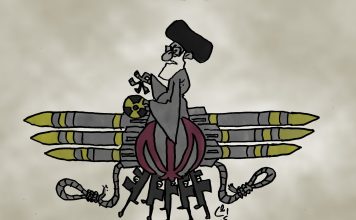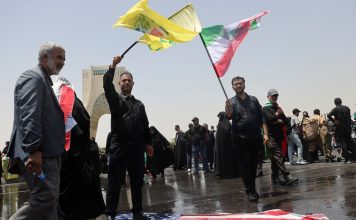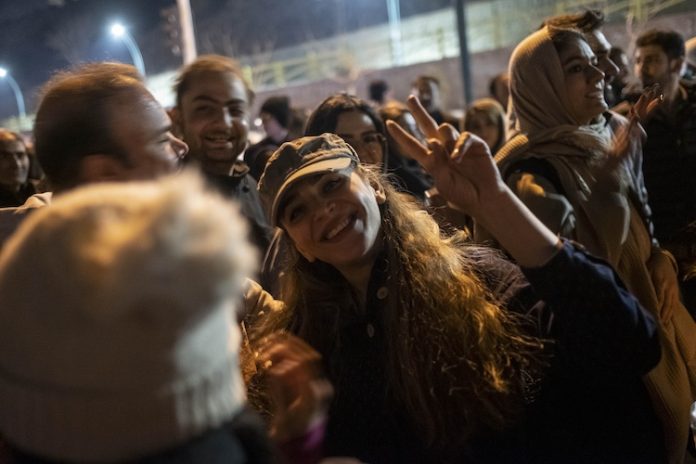
The Islamic Republic of Iran faced withering criticism for its human rights violations from the United Nations fact-finding mission on the Islamic Republic of Iran (FFMI) and Javaid Rehman, the UN Special Rapporteur on the situation of human rights in Iran on March 18, at the 55th session for the UN Human Rights Council in Geneva. Several countries also condemned the regime at the meeting.
The fact-finding mission presented its report, published on March 8, at the session. It had been tasked by the UN to investigate allegations of human rights violations relating to the 2022 anti-government protests in Iran.
The mission’s experts found that the death of 22-year-old Jina Mahsa Amini while in police custody was unlawful and that the state was responsible.
Amini was arrested by Iran’s morality police in September 2022 for failing to observe the country’s forced hijab law. According to UN officials, she was tortured while in police custody, and died on Sept. 16 from her injuries. Amini’s death sparked anti-government protests across the country.
“Women and girls are still confronted daily by discrimination in law and practice affecting virtually all aspects of their public and private lives,” Sara Hossain, the chair of the FFMI (the fact-finding mission) said during the session. “Whether or not a woman or a girl chooses to wear a hijab or not cannot determine her access to fundamental rights and freedoms.”
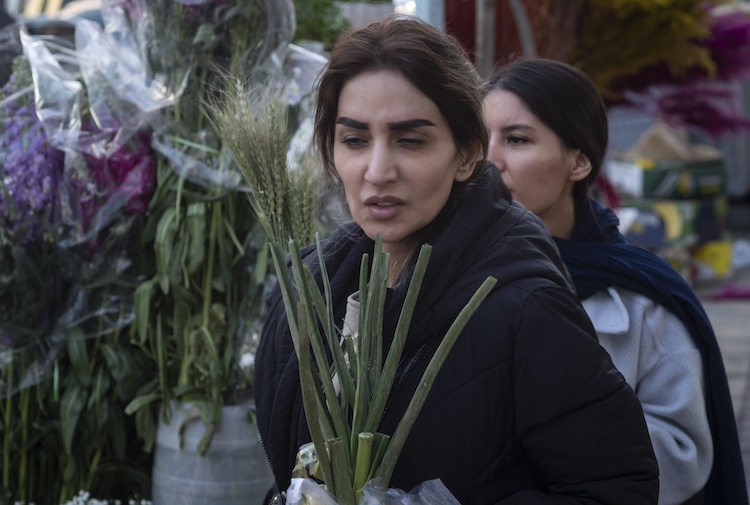
The report described a slew of serious human rights violations by Iran’s regime including the unlawful executions of protestors, and the use of lethal force, rape, torture, arbitrary detentions and enforced disappearances by the state.
Responding to the report, the Islamic Republic said it did not “recognize the mandate, whose predictable product is this fabricated and distorted report — a mandate that is fundamentally flawed, that lacks the consent of the concerned State.”
Rehman presented his latest report, published on Feb. 9, at the March 18 meeting. The report focused on the state’s use of the death penalty, its treatment of women, girls and minority groups, and the country’s justice system.
“The Special Rapporteur remains deeply concerned at the spike in death penalty sentences and executions observed during the reporting period. According to information received, at least 834 people were executed in 2023, a 43 percent increase compared to 2022, when at least 582 persons were executed,” the report read. “The Special Rapporteur continues to be alarmed by the sentencing of children to death.”
ANALYSIS: Islamic Republic Steps Up Executions In Its Battle for Survival
On the situation of women and girls in Iran, Rehman’s report noted: “The Special Rapporteur remains alarmed at the ongoing repression of women’s and girls’ rights, and reports that since April 2023, the authorities have increasingly used further brutal and repressive policing methods on girls and women defying the compulsory hijab laws.”
“We condemn in the strongest terms Iran’s continued gross human rights violations committed against women and girls including through violent enforcement of mandatory hijab laws which represents a systematic and long-standing means of subjugation and intimidation by the government,” Canada said at the session.
Responding to the Islamic Republic’s denunciation of the report, which it said was politically motivated and factually incorrect, Rehman said:
“On accusations of politicization and the biased nature of my report, I regret that despite all my efforts, the government has failed to engage with my mandate.”
“Iranian authorities continue to deny me access to the country,” he added.
“The comments to the report by the Islamic Republic of Iran were only just sent to me last week on March 13. This was deliberately to ensure that I wasn’t able to consider these in time,” Rehman said.
Countries aligned with the Islamic Republic expressed disapproval at the report.
“Russia consistently rejects attempts to politicize human rights, which in the hands of the collective West are used to put pressure on States who do not wish to follow the cause that is being imposed upon them from abroad,” Russia said.
“Interference in the domestic affairs of states taking advantage of this council and human rights mechanisms to impose hostile mandates against sovereign countries without their consent would run counter to the UN Charter and international law,” Venezuela said.
Venezuela Rushes to Mend Iran Relationship as US Sanctions Loom
Australia then raised concerns about the treatment of minorities in Iran during the session. “We are deeply disturbed that ethnic and religious minority groups including the Kurds, Baluchis, Arabs and members of the Baha’i faith are disproportionately executed by Iranian authorities.”
A number of side events at the session were held on March 18, including a conference which discussed the treatment of Kurds by Iran’s government. The event, hosted by the Geneva-based Kurdistan human rights association, discussed findings from the FFMI which held that of the 936 identified cases of detained protestors 43 percent were Kurdish and 16 percent were Balochi.
“Ethnic minorities including Kurds, Baloch, Ahwaz Arabs and Azerbaijani Kurds have consistently been harassed, targeted and victimized, denied their fundamental basic right to equality, deprived of their linguistic and cultural rights and their identity,” Monireh Shirani, a member of the Balochistan Human Rights group said at the event.
Another side event at the UN council featured survivors of state torture and human rights advocates, hosted by the Geneva-based Zagros Human Rights Center. A panel of 12 speakers took part in the event, including: Mersedeh Shahinkar, Elahe Tavakolian and Kosar Eftekhari, women who were shot in the eye and blinded during the 2022 protests.
Sima Moradbeigi, a woman who was shot in the hand by a member of Iran’s security forces also spoke at the event.
A March 18 joint letter signed by more than 40 human rights organizations urged the UN to extend the mandates for the FFMI and the special rapporteur.
“Victims and survivors of past and ongoing violations need these two mechanisms to be in place and operational. As do their families, human rights defenders, journalists and other media workers, dissidents and others who continue to face reprisals by the Iranian authorities solely for peacefully exercising their human rights,” the letter said.
Signatories included: Human Rights Watch, Amnesty International, PEN America, the International Bar Association’s Human Rights Institute, ARTICLE 19, Article 18, the Abdorrahman Boroumand Center for Human Rights in Iran, the Center for Human Rights in Iran, the International Commission of Jurists, the Siamak Pourzand Foundation, the Baloch Activists Campaign, the World Coalition Against the Death Penalty and the Iran Human Rights Documentation Center.


